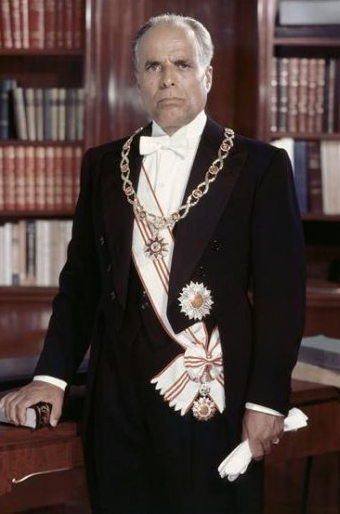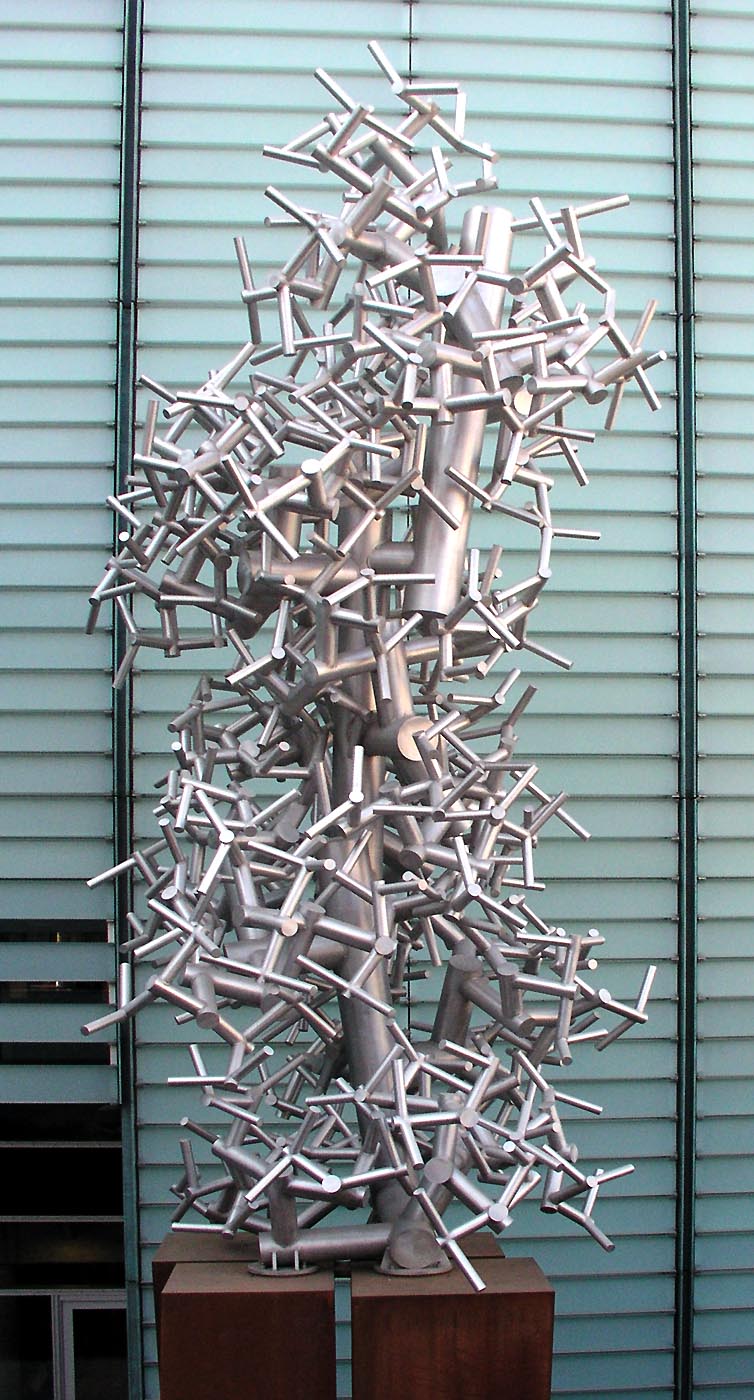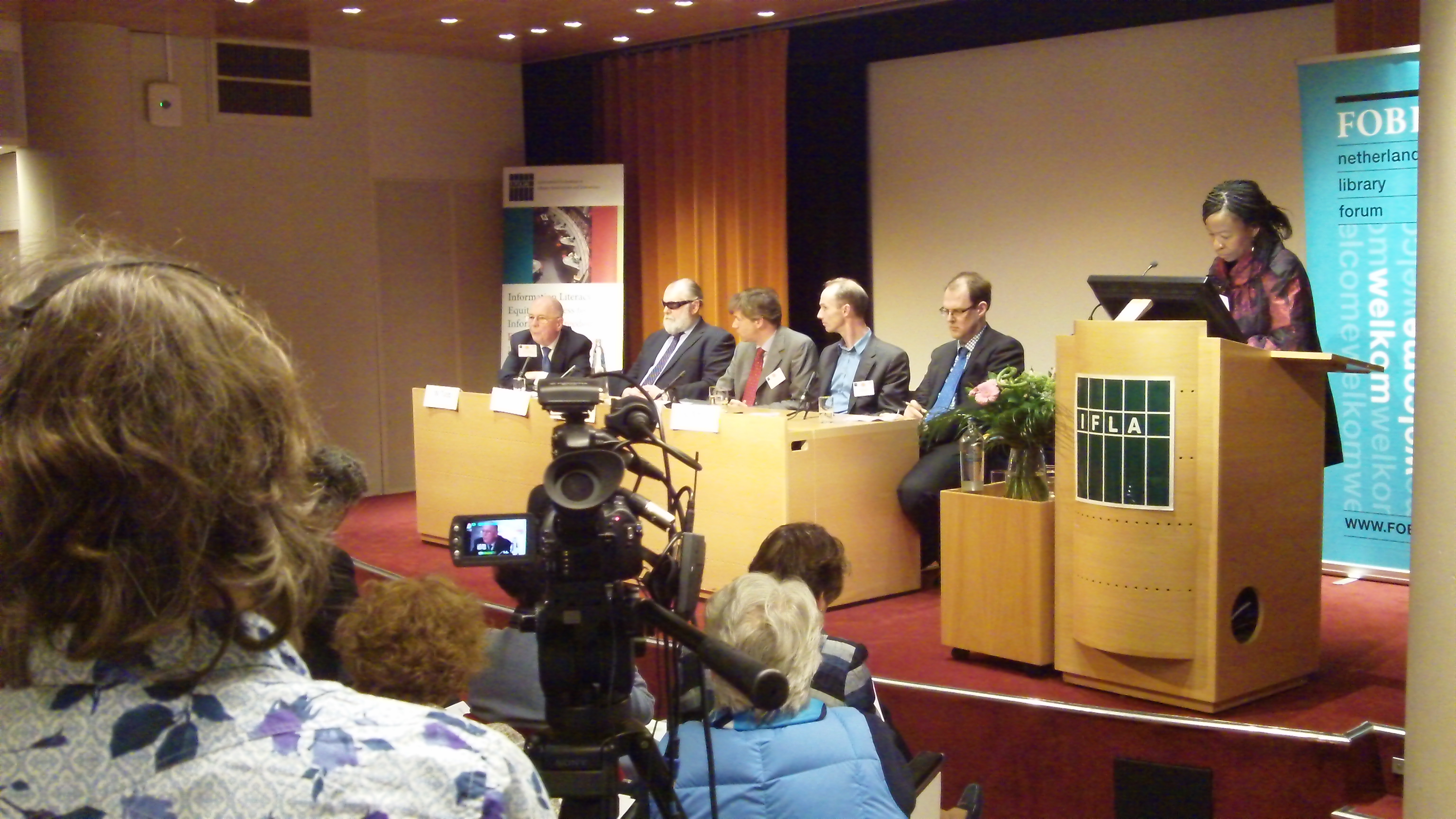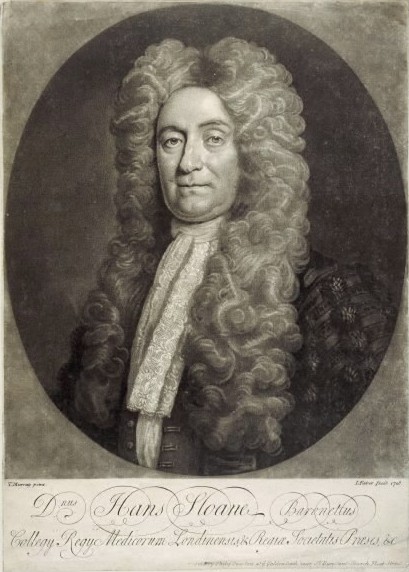|
National Library Of Tunisia
The National Library of Tunisia (Tunisian Arabic, Arabic: ''المكتبة الوطنية التونسية'') is the legal deposit and copyright library for Tunisia. It was founded in 1885, then known as the ''French Library'', and then the ''People's library''. The Tunisian government assigned a budget of 28 million Tunisian Dinar, Dinars for a new building for the library, and in 2005 the library was relocated.The library is 70m tall and it is composed of 14 floors it is one of the tallest buildings in Tunisia and one of the most famous Islamic style building in Tunisia History Founded in 1885, this library was called ''French Library''. Its present name dates from the beginning of independence of Tunisia. In 2005, it was relocated to its present location, Boulevard 9 avril, just near the National Archives of Tunisia and some higher institutions like the Faculty of Social and Human Sciences. Bibliography * * . (Includes information about the national library) References Ext ... [...More Info...] [...Related Items...] OR: [Wikipedia] [Google] [Baidu] |
Tunisian Government
The politics of Tunisia takes place within the framework of a Unitary state, unitary Semi-presidential system, semi-presidential Representative democracy, representative democratic republic, with a President of Tunisia, President serving as head of state, Prime Minister of Tunisia, Prime Minister as head of government, a unicameral legislature and a court system influenced by French civil law. Between 1956 and 2011, Tunisia operated as a ''de facto'' one-party state, with politics dominated by the secular Constitutional Democratic Rally (RCD) under former Presidents Habib Bourguiba and then Zine el Abidine Ben Ali. However, in 2011 a Tunisian Revolution, national uprising led to the ousting of the President and the dismantling of the RCD, paving the way for a multi-party democracy. October 2014 saw the first democratic parliamentary elections since the 2011 revolution, resulting in a win by the secularist Nidaa Tounes party with 85 seats in the 217-member assembly. Tunisia is a me ... [...More Info...] [...Related Items...] OR: [Wikipedia] [Google] [Baidu] |
Tunis
''Tounsi'' french: Tunisois , population_note = , population_urban = , population_metro = 2658816 , population_density_km2 = , timezone1 = CET , utc_offset1 = +01:00 , timezone1_DST = , utc_offset1_DST = , postal_code_type = Postal code , postal_code = 1xxx, 2xxx , area_code_type = Calling code , area_code = 71 , iso_code = TN-11, TN-12, TN-13 and TN-14 , blank_name_sec2 = geoTLD , blank_info_sec2 = .tn , website = , footnotes = Tunis ( ar, تونس ') is the capital and largest city of Tunisia. The greater metropolitan area of Tunis, often referred to as " Grand Tunis", has about 2,700,000 inhabitants. , it is the third-largest city in the Maghreb ... [...More Info...] [...Related Items...] OR: [Wikipedia] [Google] [Baidu] |
Tunisia
) , image_map = Tunisia location (orthographic projection).svg , map_caption = Location of Tunisia in northern Africa , image_map2 = , capital = Tunis , largest_city = capital , coordinates = , official_languages = Arabic Translation by the University of Bern: "Tunisia is a free State, independent and sovereign; its religion is the Islam, its language is Arabic, and its form is the Republic." , religion = , languages_type = Spoken languages , languages = Minority Dialects : Jerba Berber (Chelha) Matmata Berber Judeo-Tunisian Arabic (UNESCO CR) , languages2_type = Foreign languages , languages2 = , ethnic_groups = * 98% Arab * 2% Other , demonym = Tunisian , government_type = Unitary presidential republic , leader_title1 = President , leader_name1 = Kais Saied , leader_ti ... [...More Info...] [...Related Items...] OR: [Wikipedia] [Google] [Baidu] |
Tunisian Arabic
Tunisian Arabic, or simply Tunisian, is a set of dialects of Maghrebi Arabic spoken in Tunisia. It is known among its over 11 million speakers aeb, translit=Tounsi/Tounsiy, label=as, تونسي , "Tunisian" or "Everyday Language" to distinguish it from Modern Standard Arabic, the official language of Tunisia. Tunisian Arabic is mostly similar to eastern Algerian Arabic and western Libyan Arabic. As part of a dialect continuum, Tunisian merges into Algerian Arabic and Libyan Arabic at the borders of the country. Like other Maghrebi dialects, it has a vocabulary that is predominantly Semitic Arabic with a minimal Berber, Latin Tilmatine Mohand, ''Substrat et convergences: Le berbére et l'arabe nord-africain'' (1999), in ''Estudios de dialectologia norteafricana y andalusi 4'', pp 99–119 and possibly Neo-Punic substratum. Tunisian Arabic contains a few Berber loanwords which represent 8% to 9% of its vocabulary. However, Tunisian has also loanwords from French, Turkish, ... [...More Info...] [...Related Items...] OR: [Wikipedia] [Google] [Baidu] |
Tunisian Dinar
The dinar ( ar, دينار, french: Dinar, ISO 4217 currency code: ''TND'') is the currency of Tunisia. It is subdivided into 1000 milim or millimes (). The abbreviation ''DT'' is often used in Tunisia, although writing "dinar" after the amount is also acceptable (TND is less colloquial, and tends to be used more in financial circles); the abbreviation ''TD'' is also mentioned in a few places, but is less frequently used, given the common use of the French language in Tunisia, and the French derivation of ''DT'' (i.e., ). Etymology The name "dinar" is derived from the Roman Empire, Roman denarius, used in the Africa province, the antique territory of Carthage, modern day Tunisia. History The dinar was introduced in 1960, having been established as a unit of account in 1958. It replaced the Tunisian franc, franc at a rate of 1000 francs = 1 dinar. The dinar did not follow the devaluation of the French franc in 1958, thus the exchange rate peg was abandoned. Instead a peg to the Un ... [...More Info...] [...Related Items...] OR: [Wikipedia] [Google] [Baidu] |
National Archives Of Tunisia
The National Archives of Tunisia (French: Archives nationales de Tunisie) (est. 1988) is headquartered in Tunis on the Boulevard 9 avril 1938. Among its holdings are materials generated by various government offices, such as the president, prime minister, and ministries of agriculture, commerce, culture, education, finance, health, social affairs, and transport. History The Centre des correspondences de l’Etat formed in 1874, and became Archives générales du gouvernement in 1883. The archives became a "public institution in accordance with the stipulations of Act n° 88-95" in 1988. Its headquarters moved from the office of the prime minister in 1999 to its current building, designed by Samy Ateb and Fethi El Bahri. It is near the national library. Directors have included Moncef Fakhfakh (1986-circa 1993?) and Hédi Jallab (2011-circa 2016?). See also * National Library of Tunisia References Bibliography * * * External links Official site {{authority control ... [...More Info...] [...Related Items...] OR: [Wikipedia] [Google] [Baidu] |
Bibliothèque Et Archives Nationales Du Québec
The Bibliothèque et Archives nationales du Québec ( 'National Library and Archives of Quebec') or BAnQ is a Quebec government agency which manages the province's legal deposit system, national archives, and national library. Located at the Grande Bibliothèque in Montreal, the BAnQ was created by the merging of the Bibliothèque nationale du Québec and the Archives nationales du Québec in 2006. The Bibliothèque nationale du Québec had previously merged with the Grande Bibliothèque du Québec in 2002. History The National Archives of Quebec (, ANQ) were founded on 2 September 1920, with Pierre-Georges Roy as Quebec's first Head Archivist. The purpose of the institution was to process historical materials, more specifically public archives and the Quebec government's archives, and to collect documents pertaining to the history of Quebec. the ANQ were brought under the jurisdiction of the Department of Cultural Affairs in 1961, and renamed the Archives de la province de Qu ... [...More Info...] [...Related Items...] OR: [Wikipedia] [Google] [Baidu] |
International Federation Of Library Associations
The International Federation of Library Associations and Institutions (IFLA) is the leading international body representing the interests of people who rely on libraries and information professionals. An independent, non-governmental, not-for-profit organization, IFLA was founded in Scotland in 1927 and maintains headquarters at the National Library of the Netherlands in The Hague. IFLA sponsors the annual IFLA World Library and Information Congress, promoting universal and equitable access to information, ideas, and works of imagination for social, educational, cultural, democratic, and economic empowerment. IFLA also produces several publications, including IFLA Journal. IFLA closely partners with UNESCO, resulting in several jointly produced manifestos. IFLA is also a founding member of Blue Shield, which works to protect the world's cultural heritage when threatened by wars and natural disaster. History IFLA was founded in Edinburgh, Scotland, on 30 September 1927, when li ... [...More Info...] [...Related Items...] OR: [Wikipedia] [Google] [Baidu] |
National Library
A national library is a library established by a government as a country's preeminent repository of information. Unlike public library, public libraries, these rarely allow citizens to borrow books. Often, they include numerous rare, valuable, or significant works. A national library is that library which has the duty of collecting and preserving the literature of the nation within and outside the country. Thus, national libraries are those libraries whose community is the nation at large. Examples include the British Library, and the Bibliothèque nationale de France in Paris.Line, Maurice B.; Line, J. (2011). "Concluding notes". ''National libraries'', Aslib, pp. 317–318Lor, P. J.; Sonnekus, E. A. S. (2010)"Guidelines for Legislation for National Library Services", International Federation of Library Associations and Institutions, IFLA. Retrieved on 10 January 2010. There are wider definitions of a national library, putting less emphasis to the repository character. National ... [...More Info...] [...Related Items...] OR: [Wikipedia] [Google] [Baidu] |
Library Buildings Completed In 2005
A library is a collection of Document, materials, books or media that are accessible for use and not just for display purposes. A library provides physical (hard copies) or electronic media, digital access (soft copies) materials, and may be a physical location or a virtual space, or both. A library's collection can include printed materials and other physical resources in many formats such as DVD, CD and cassette as well as access to information, music or other content held on bibliographic databases. A library, which may vary widely in size, may be organized for use and maintained by a public body such as a government; an institution such as a school or museum; a corporation; or a private individual. In addition to providing materials, libraries also provide the services of librarians who are trained and experts at finding, selecting, circulating and organizing information and at interpreting information needs, navigating and analyzing very large amounts of information with a ... [...More Info...] [...Related Items...] OR: [Wikipedia] [Google] [Baidu] |
Government Of Tunisia
The politics of Tunisia takes place within the framework of a unitary semi-presidential representative democratic republic, with a President serving as head of state, Prime Minister as head of government, a unicameral legislature and a court system influenced by French civil law. Between 1956 and 2011, Tunisia operated as a ''de facto'' one-party state, with politics dominated by the secular Constitutional Democratic Rally (RCD) under former Presidents Habib Bourguiba and then Zine el Abidine Ben Ali. However, in 2011 a national uprising led to the ousting of the President and the dismantling of the RCD, paving the way for a multi-party democracy. October 2014 saw the first democratic parliamentary elections since the 2011 revolution, resulting in a win by the secularist Nidaa Tounes party with 85 seats in the 217-member assembly. Tunisia is a member of the Arab League, the African Union and the Organization of Islamic Cooperation. It maintains close relations with the United Sta ... [...More Info...] [...Related Items...] OR: [Wikipedia] [Google] [Baidu] |
National Libraries
A national library is a library established by a government as a country's preeminent repository of information. Unlike public libraries, these rarely allow citizens to borrow books. Often, they include numerous rare, valuable, or significant works. A national library is that library which has the duty of collecting and preserving the literature of the nation within and outside the country. Thus, national libraries are those libraries whose community is the nation at large. Examples include the British Library, and the Bibliothèque nationale de France in Paris.Line, Maurice B.; Line, J. (2011). "Concluding notes". ''National libraries'', Aslib, pp. 317–318Lor, P. J.; Sonnekus, E. A. S. (2010)"Guidelines for Legislation for National Library Services", IFLA. Retrieved on 10 January 2010. There are wider definitions of a national library, putting less emphasis to the repository character. National libraries are usually notable for their size, compared to that of other libraries ... [...More Info...] [...Related Items...] OR: [Wikipedia] [Google] [Baidu] |







